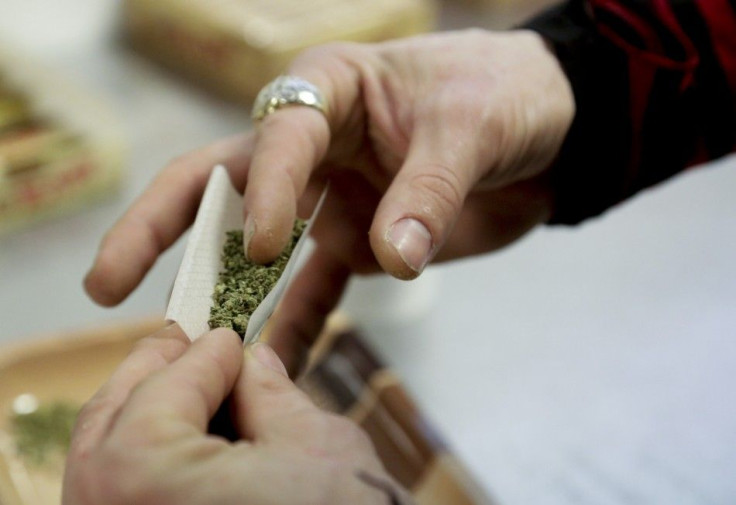Kim Dotcom's Internet Party Wants 'Decriminalization' of Marijuana

New Zealand's Internet Party is currently considering decriminalization of cannabis. Party Leader Laila Harre said she is not talking about "legalizing" the drug, but members are open to the possibility of decriminalization as a better option to reduce the use of cannabis.
Reports cited Harre noted she supports decriminalization because she believes convicting young New Zealanders for cannabis use every year will not lead to its slowdown. In an interview with TV One, she claimed she's "not pro-drugs in general" but criminalizing the use of drugs will not reduce its consumption rate.
If cannabis will be decriminalized, she said it will not lead to more people buying the drug. She also does not believe that cannabis will become a "gateway" to other drugs. Harre, supported by Kim Dotcom who formed the Internet party, referred to other countries which made decriminalization of cannabis a health issue. She added those countries had more success in bringing down cannabis use.
The New Zealand Greens have expressed support for decriminalizing cannabis for several years. But Party Co-leader Metiria Turei said in January it was not a priority for the party.
Labour Leader David Cunliffe does not agree with Harre and said his party will not support decriminalization of the drug.
The Internet Party has yet to finalize its policy on cannabis decriminalization. Harre said the members will still discuss technical options. On a global scale, she said decriminalization is being strongly pushed but "high political barriers" may continue to block its acceptance in New Zealand.
New Zealand's synthetic drug laws could lead for legalization of marijuana in the country. Drug Policy Alliance Executive Director Ethan Nadelmann, who has been called the leading campaigner for marijuana legislation in the U.S., spoke about cannabis law reform in Auckland in March 2013.
According to Nadelmann, the synthetic drug law of New Zealand known as the "Psychoactive Substances Act" was considered a "global breakthrough" in drug legislation.
He said no other government established a regulatory process to possibly legalize synthetic drugs if they are proven safe. Nadelmann noted there was something "profoundly pragmatic" about New Zealand's drug laws, including collaboration with the gray market industry and the government.





















